| | Israel considers negotiating a last-minute ceasefire deal, a heat wave hits South and Southeast Asia͏ ͏ ͏ ͏ ͏ ͏ |
The World Today | 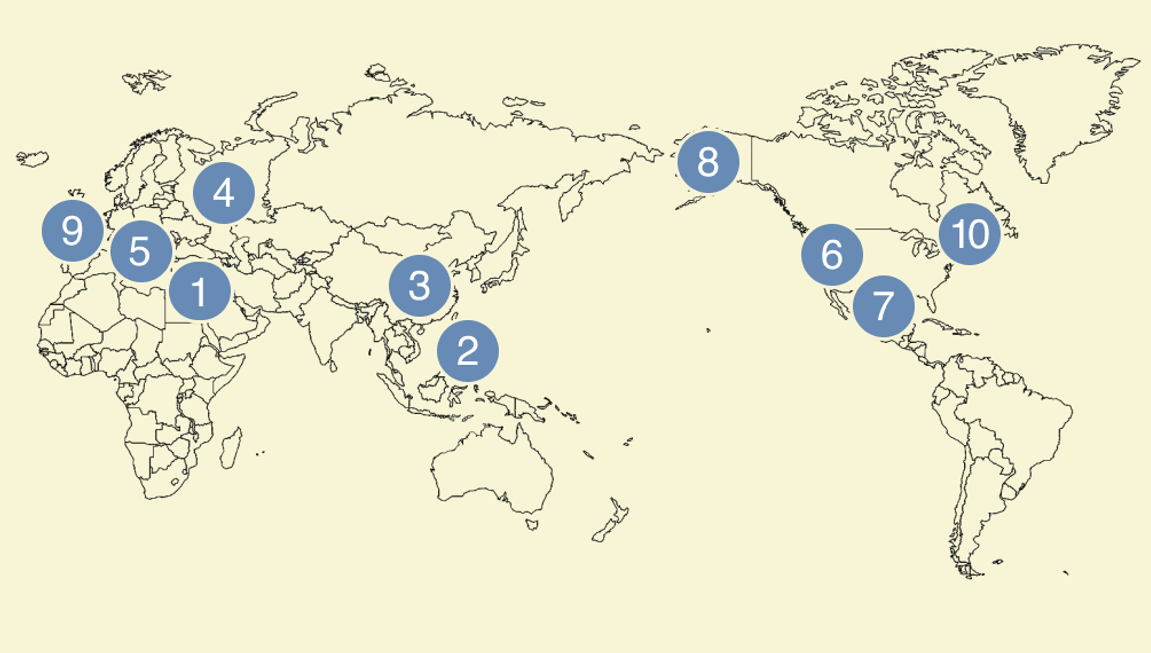 - Israel mulls last-minute deal
- Heat wave hits Asia
- Shein boosts cargo costs
- Russia could hike taxes
- Far-right campaigns for EU
- Immigration language trends
- Faculty rebuke uni leaders
- Mining for seaweed
- Climate change hurts wine
- Birdwatching boom
 Production kicks off for a new martial arts film from the maker of Crouching Tiger, Hidden Dragon. |
|
‘Last chance’ for Middle East deal |
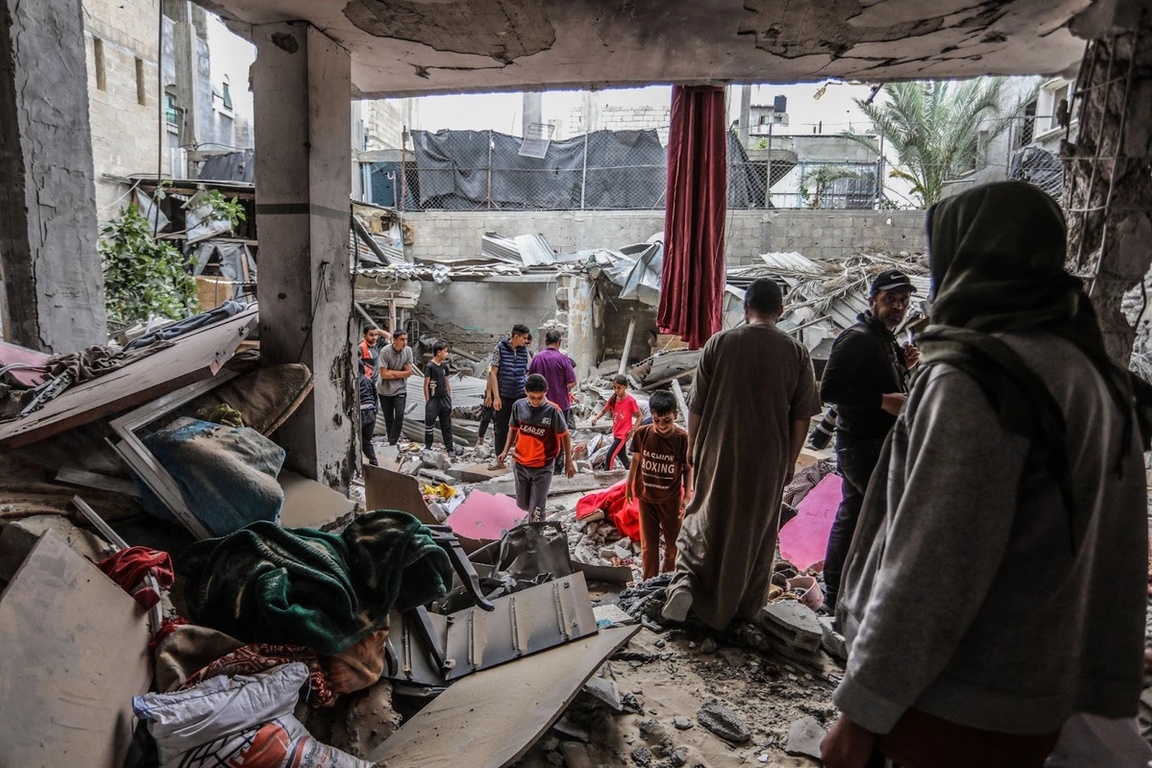 Abed Rahim Khatib/Anadolu via Getty Images Abed Rahim Khatib/Anadolu via Getty ImagesIsrael is debating holding off invading the Gazan town of Rafah to negotiate a last-minute hostage and ceasefire deal with Hamas. The Israeli military’s announcement last week that is poised to invade Rafah — which it says is a bastion of Hamas and where more than one million Palestinians are sheltering — set off a flurry of diplomatic action: US President Joe Biden spoke with Israeli Prime Minister Benjamin Netanyahu on Sunday for talks seen as the “last chance” for a deal. The New York Times’ Thomas Friedman framed Israel’s decision as “Rafah or Riyadh,” arguing that an invasion risks the possibility of a long-discussed normalization of ties with Saudi Arabia, compounding Israel’s global and regional isolation. |
|
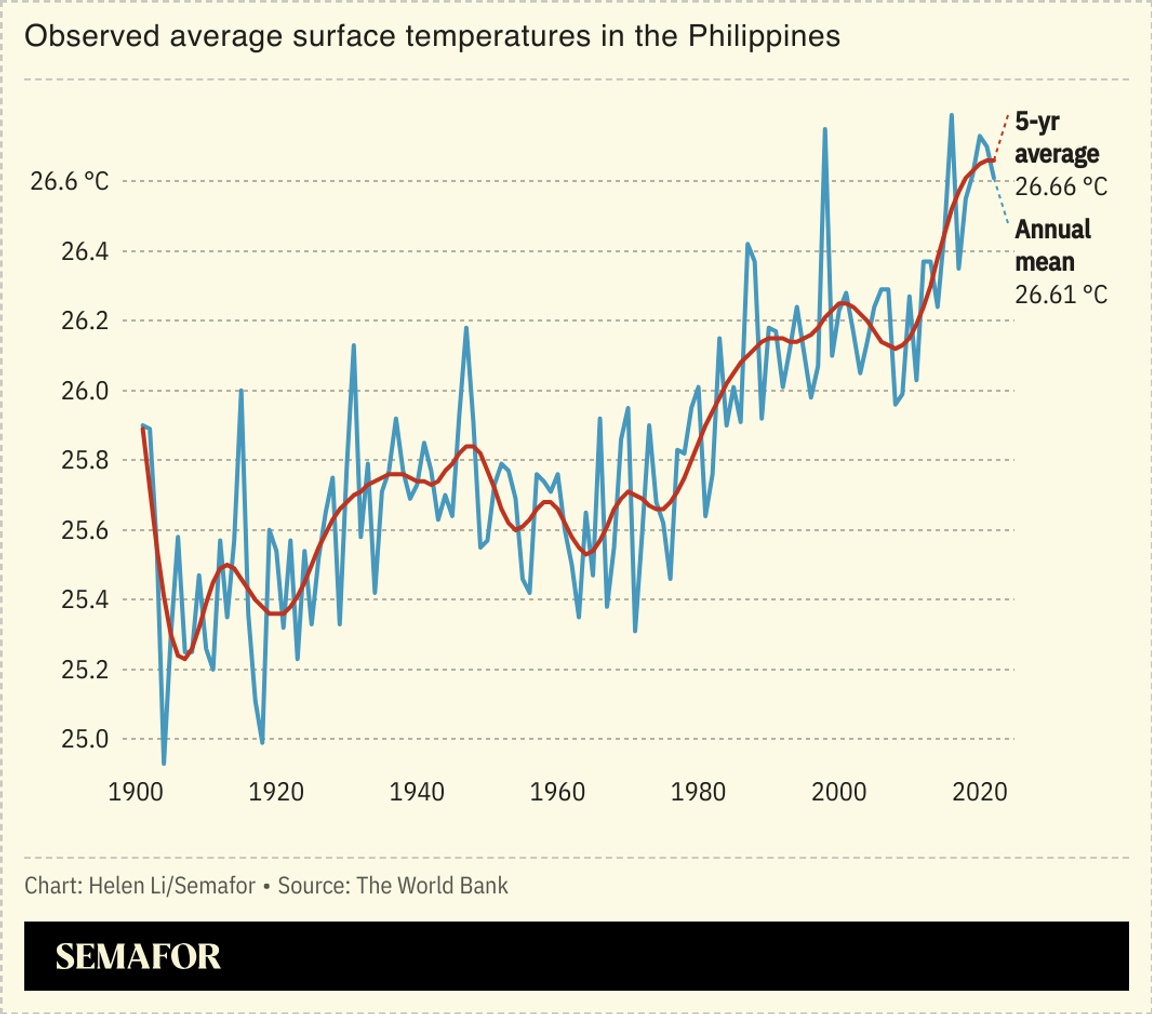 A heat wave across Southeast Asia forced schools in the Philippines to cancel in-person classes and drove energy demand to record highs in Thailand. The temperature in Manila reached nearly 102 degrees Fahrenheit on Saturday, breaking a record last set in 1915. In South Asia, Bangladesh was also forced to cancel classes last week, while officials in India discussed ways to mitigate the impact of the heat wave on voters during the country’s mammoth elections. A World Meteorological Organization report warned last week that Asia is “the world’s most disaster-hit region from weather, climate and water-related hazards.” The impact from heat waves has become more severe, the report found. |
|
Fast fashion boosts air cargo costs |
 Lindsey Nicholson/UCG/Universal Images Group via Getty Images Lindsey Nicholson/UCG/Universal Images Group via Getty ImagesThe popularity of Chinese e-commerce giants Shein and Temu in the US is pushing up air cargo prices during a normally quiet time of year. The retailers fly low-cost goods directly from China to the US to meet quick delivery deadlines, driving costs up 14% this week compared to the same period last year, Nikkei reported. Rates for shipping in the opposite direction, meanwhile, were down about 30%. A US congressional report last year estimated that Shein and Temu delivered almost 600,000 packages in the US per day. “If demand is like this now, it’s going to be really challenging in the fourth quarter during the traditional big season,” a logistics official said. |
|
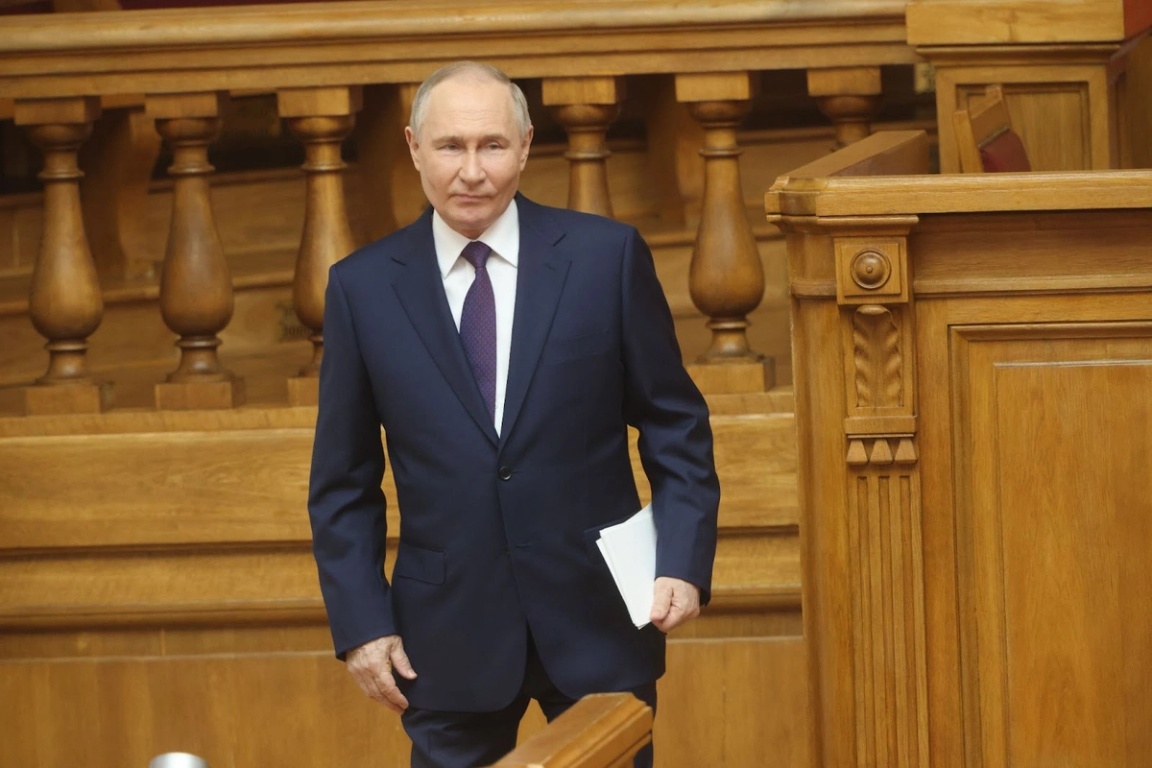 Contributor/Getty Images Contributor/Getty ImagesRussian President Vladimir Putin signaled he could impose a rare tax hike to help finance the war in Ukraine. The increase would be part of Russia’s first tax overhaul in over a decade, The New York Times reported, showing Putin is “willing to risk alienating parts of society to fund the war.” Moscow increased its military spending by an estimated 24% last year, making it the third-biggest military spender globally. The war drove inflation and labor shortages in Russia, but high oil prices have boosted the economy. “From Moscow’s point of view, they are looking in pretty good shape,” a Russia expert said. The potential tax increase is “a real sign of how comfortable [Putin] is.” |
|
EU far-right kicks off election efforts |
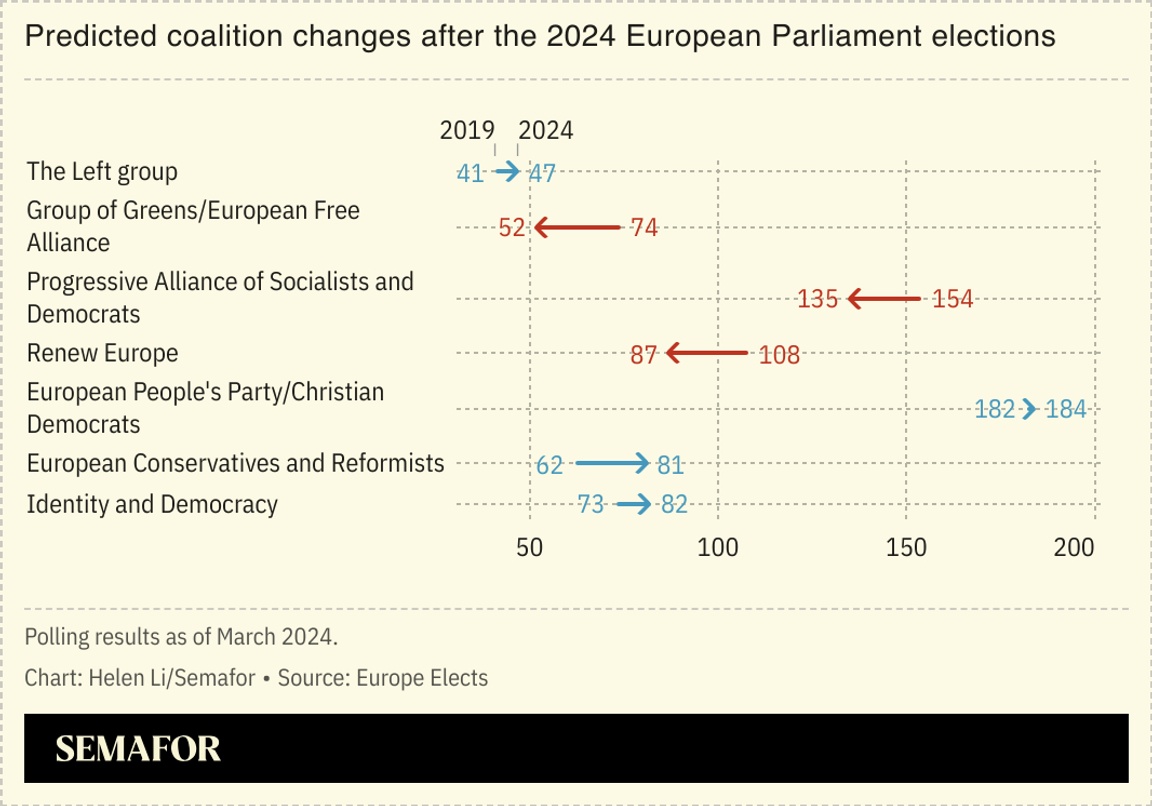 Right-wing populists ramped up efforts to garner support ahead of June’s European Parliament elections. Italian Prime Minister Giorgia Meloni said Sunday that she will run as her party’s candidate in a bid to boost her faction’s popularity, though she won’t take up a seat if successful. And Germany’s anti-immigration nationalist AfD party launched its election campaign days after an aide for its lead candidate was arrested on accusations of spying for China. Despite broad concern from current lawmakers over the rise of the European far-right, the AfD has suffered in the polls in recent months, and is now “in dire trouble” over the fallout from the spying allegations, Politico wrote. |
|
Wins for Anglophone immigration |
 A naturalization ceremony in Minnesota. John Autey / MediaNews Group / St. Paul Pioneer Press via Getty Images A naturalization ceremony in Minnesota. John Autey / MediaNews Group / St. Paul Pioneer Press via Getty ImagesImmigration to Anglophone countries tends to be more successful than immigration elsewhere, the Financial Times’ chief data reporter argued. While North African immigrant communities in France are less likely than their native-born peers to progress in education, Black and Bangladeshi Britons have better outcomes than white ones. In the US, UK, and other English-speaking countries, immigrants often also earn more than average, are imprisoned less often, and are net tax contributors, while the opposite is true elsewhere. Anglophone countries have the advantage of drawing from a huge pool of educated English speakers, but also often integrate newcomers better. |
|
Faculty scrutinize US uni leaders |
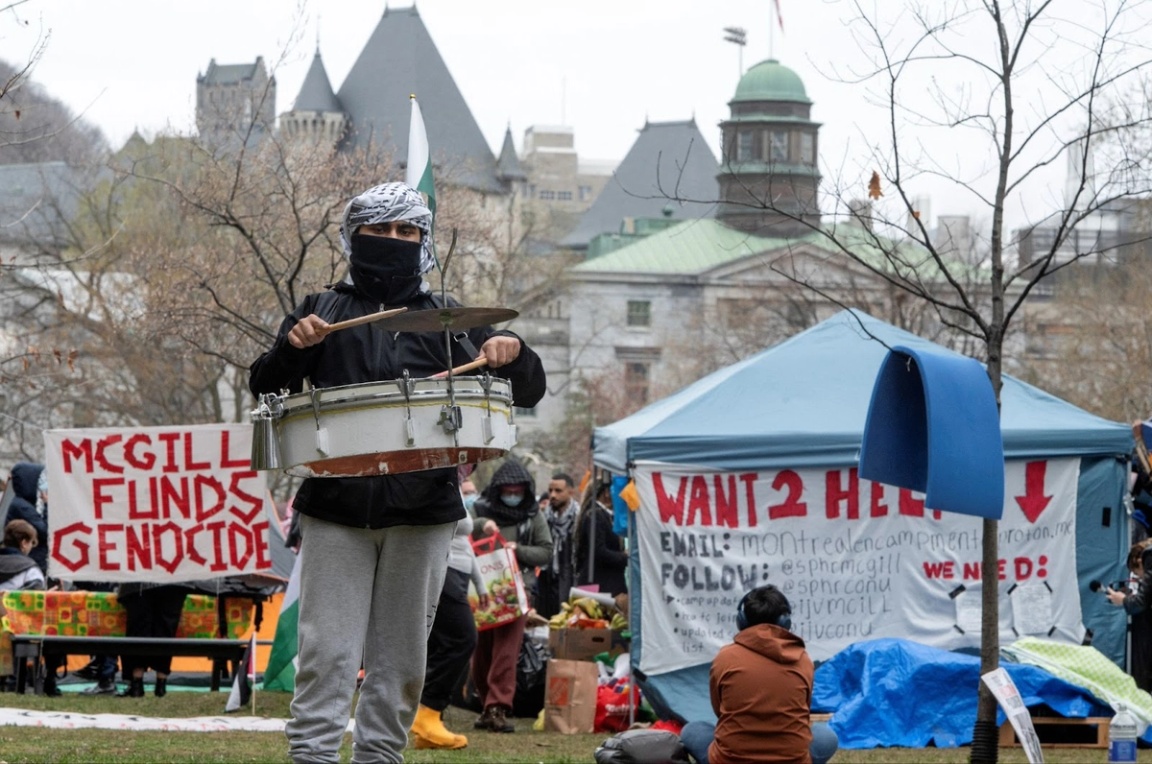 Peter McCabe/Reuters Peter McCabe/ReutersUS college leaders faced scrutiny from their own faculty after they called in police to shut down pro-Palestine protests. A Columbia University review called for an investigation into its leadership, while faculty at Atlanta’s Emory University and the University of Texas at Austin demanded no-confidence votes in their presidents. Students across the country have set up pro-Palestine encampments, calling on their schools to divest from companies with ties to Israel over the war in Gaza. The ongoing turmoil in the US contrasted with the situation at the elite French university Sciences Po: After scuffles between pro-Palestinian and pro-Israel groups, students agreed to call off Gaza protests in favor of an “internal debate,” Le Monde reported. |
|
Seaweed mining’s green credentials |
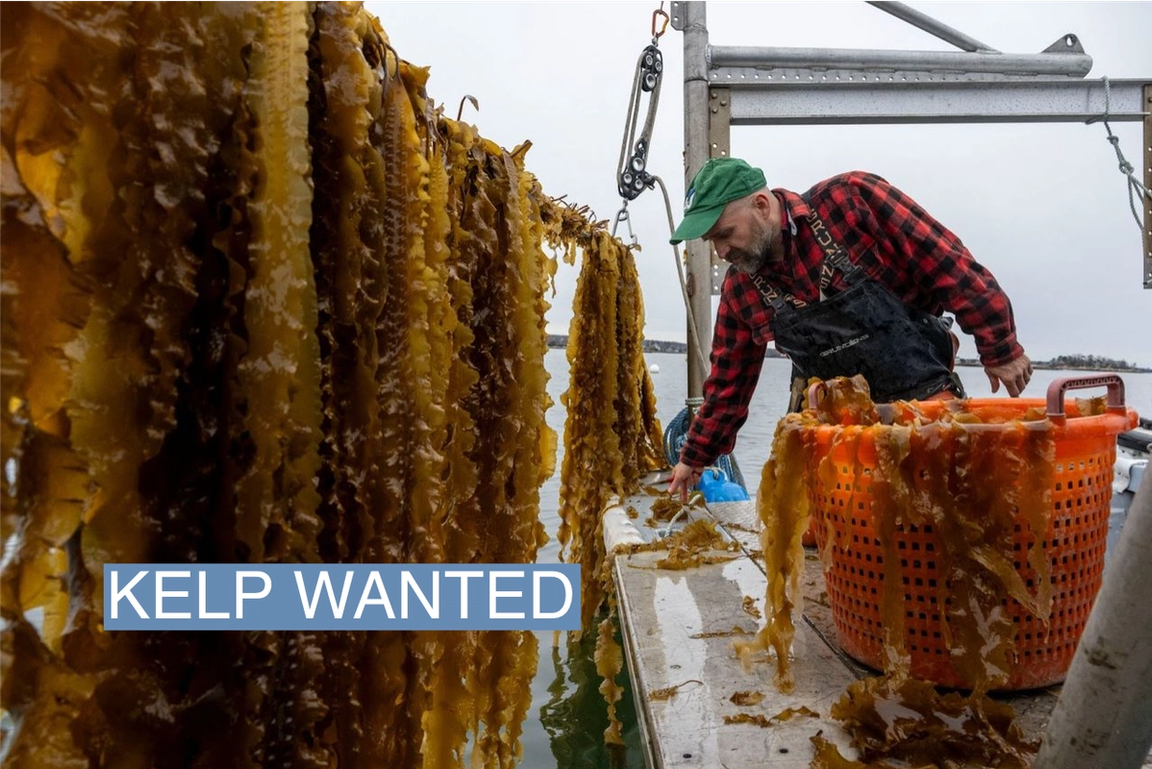 ANGELA WEISS/AFP via Getty Images ANGELA WEISS/AFP via Getty ImagesUS scientists were given grants to explore whether seaweed mining is a practical alternative for extracting rare earth minerals. Preliminary research shows seaweed can trap and store valuable elements, potentially offering a more sustainable way to extract the metals increasingly used to power the green energy transition, the coastal science-focused Hakai Magazine reported. Scientists are looking into the best place to grow the seaweed, and how to extract minerals while still leaving the plants in a condition where they could be used for fuel, food, or other purposes. The project is still “very exploratory,” one of the lead researchers said. “The chances of success are low. But if we succeed, then the implications are huge.” |
|
 Daniel Karmann/picture alliance via Getty Images Daniel Karmann/picture alliance via Getty ImagesThe wine industry blamed climate change for its worst harvest in 62 years. The International Organisation of Vine and Wine (OIV) said “extreme environmental conditions” in 2023 partly led to the lowest production of wine in its 50 member states since 1962. A wet spring in much of Europe caused mildew and crop losses, while other areas saw drought and wildfires: The European Union’s wine production was down 10% on 2022. The wine industry is suffering in both directions, with wine consumption at its lowest level since 1996, thanks to inflation, China’s economic slowdown, and changing behavioral patterns. |
|
Birdwatching’s golden era |
 REUTERS/Issei Kato/File Photo REUTERS/Issei Kato/File PhotoWe live in a golden age of birdwatching, a birdwatcher argued. Spring is the best time of year for birdwatching, said Kate Wong in Scientific American: Birds are singing and showing off their breeding plumage to attract mates. But technology has also made birdwatching more accessible and fun. The arrival of a rare bird can reach the community quickly, and identification apps can tell you what species a song comes from. Wong, who got into birding during the pandemic, now has “a full-fledged case of birding fever.” Climate change threatens birds, but that just makes “bearing witness to their plight” all the more important. “There’s never been a better — or more important — time to become a birder,” she wrote. |
|
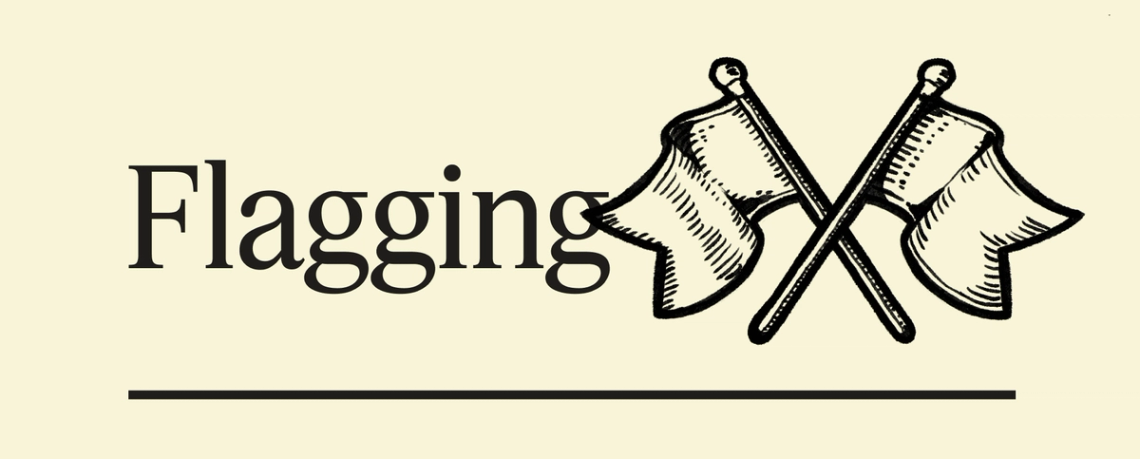 April 29: - Singapore’s outgoing prime minister visits Indonesia’s president.
- Togo holds legislative elections after the passage of a controversial constitutional reform that opponents say will enable the president’s extension of power.
- Volkswagen, Paramount, and Samsung release first-quarter earnings.
|
|
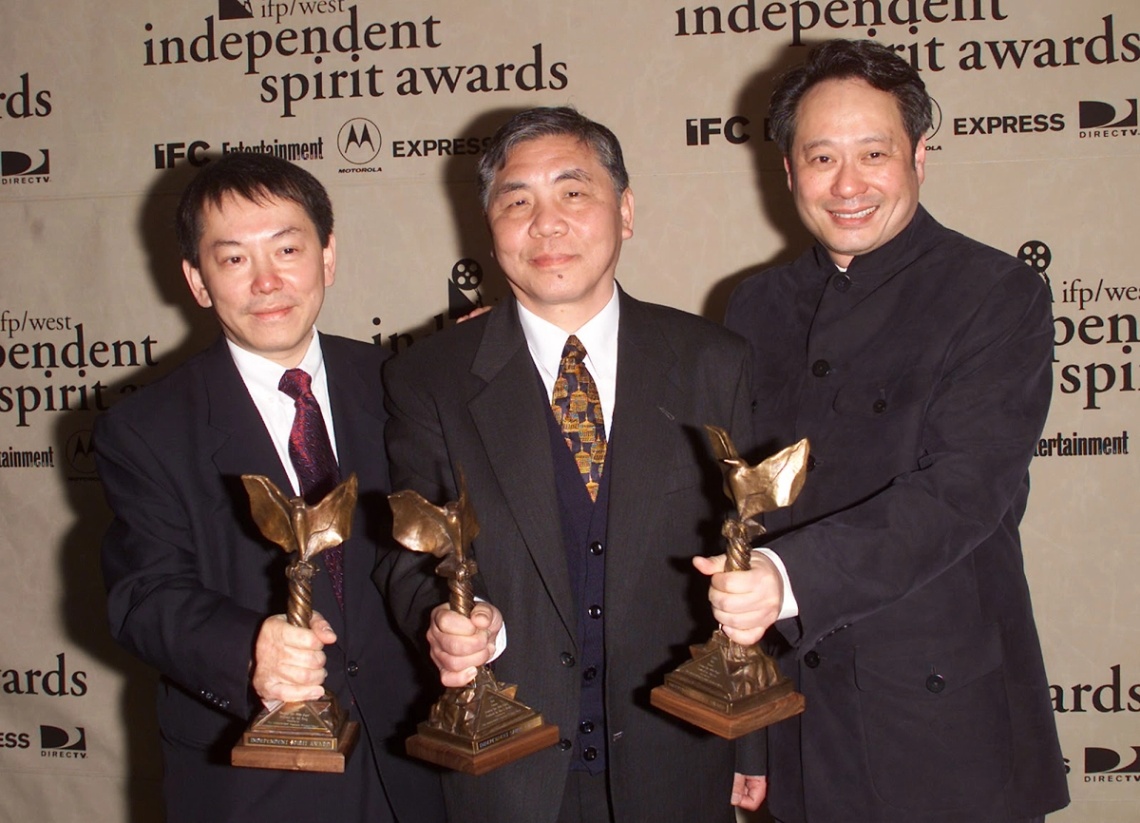 Director Ang Lee (right) with producers Bill Kong (left) at the Independent Spirit Awards in 2001. Evan Agostini via Getty Images. Director Ang Lee (right) with producers Bill Kong (left) at the Independent Spirit Awards in 2001. Evan Agostini via Getty Images.A new martial arts film from the producer of Crouching Tiger, Hidden Dragon kicked off filming in Bangkok. The Furious, an English-language action thriller about a tradesman who fights a network of criminals to get his daughter back, will feature a pan-Asian cast with the likes of China’s Xie Miao, Indonesia’s Joe Taslim, and Thailand’s JeeJa Yanin. Made by Hong Kong producers but without Chinese financing or production partners, the film will be treated as an import into the mainland market, sidestepping recent security and censorship laws that have spooked investors. “I want to show that Asian people can still make an action movie that is better than the rest of the world,” producer Bill Kong told Variety. |
|
| |